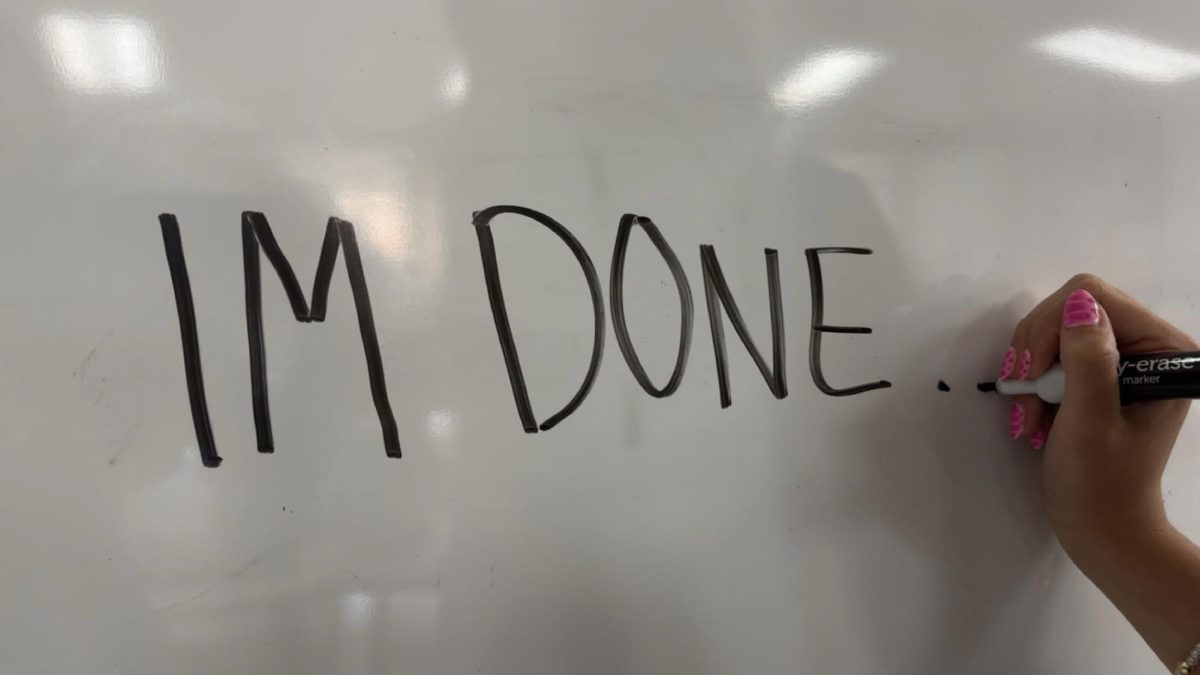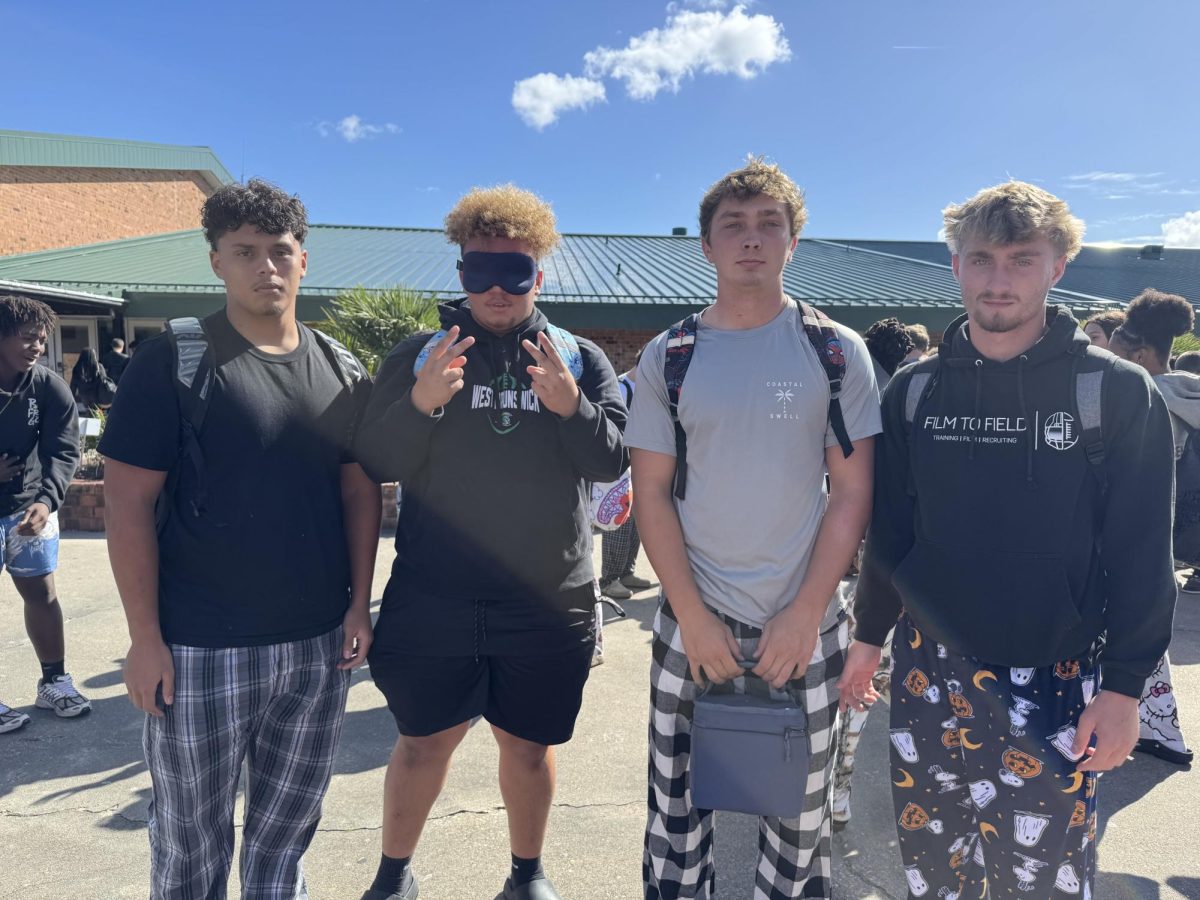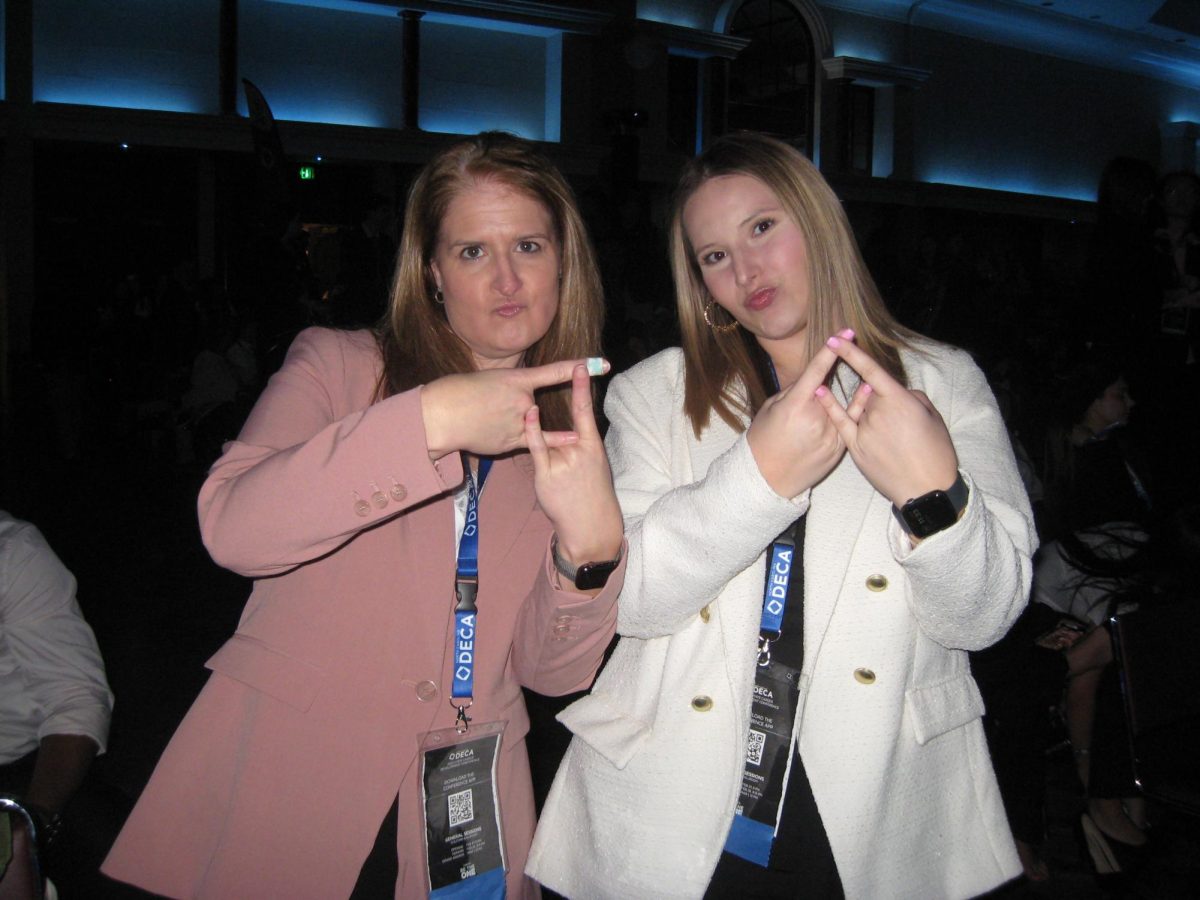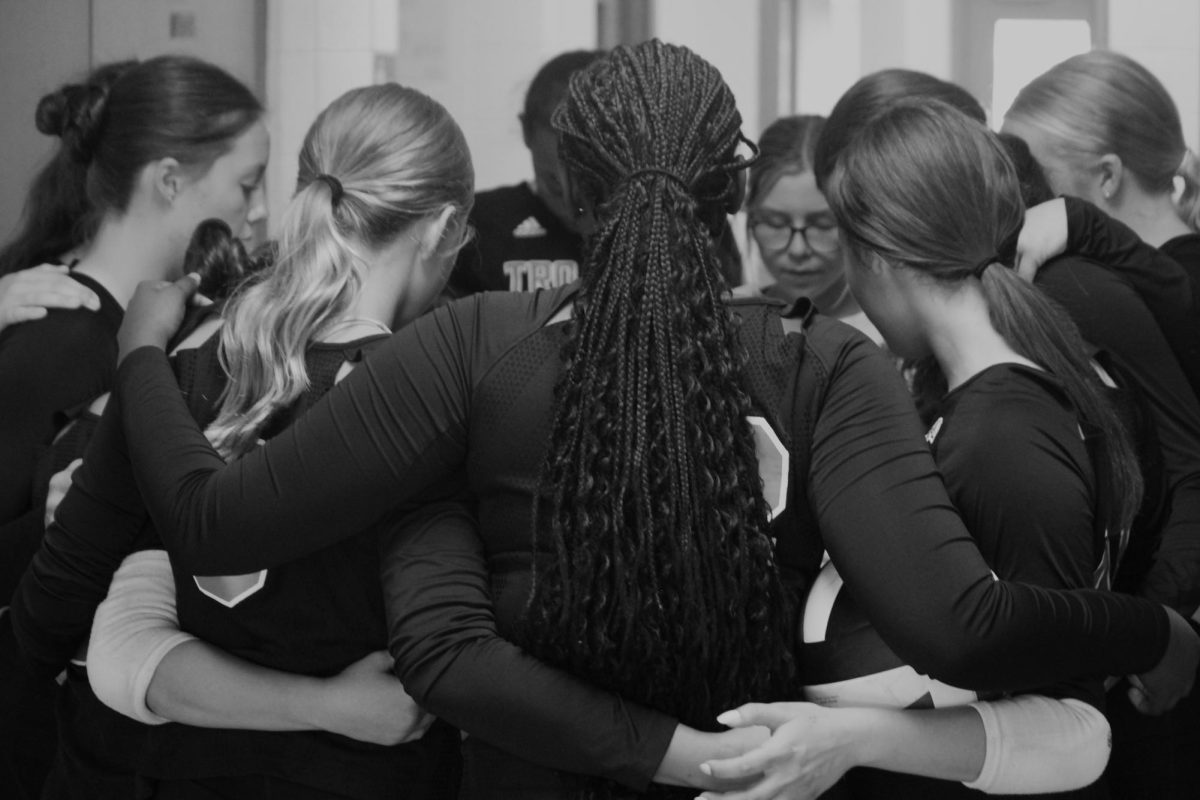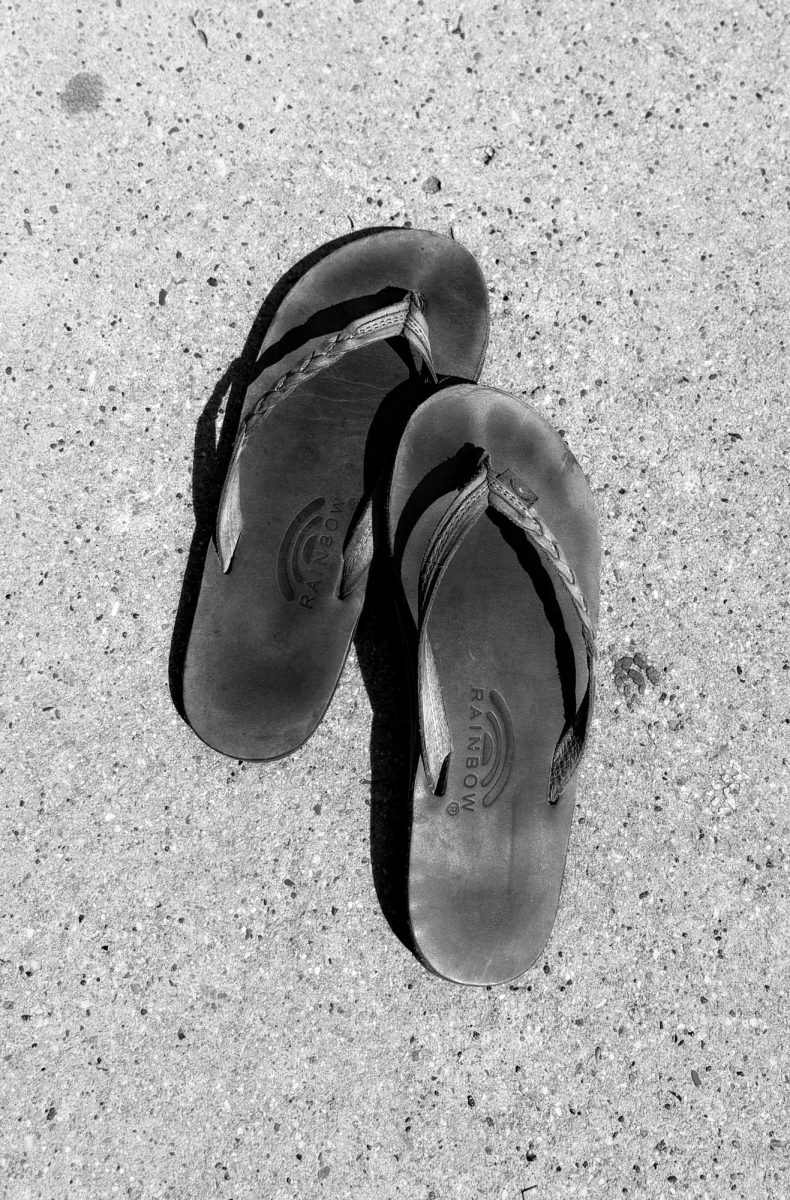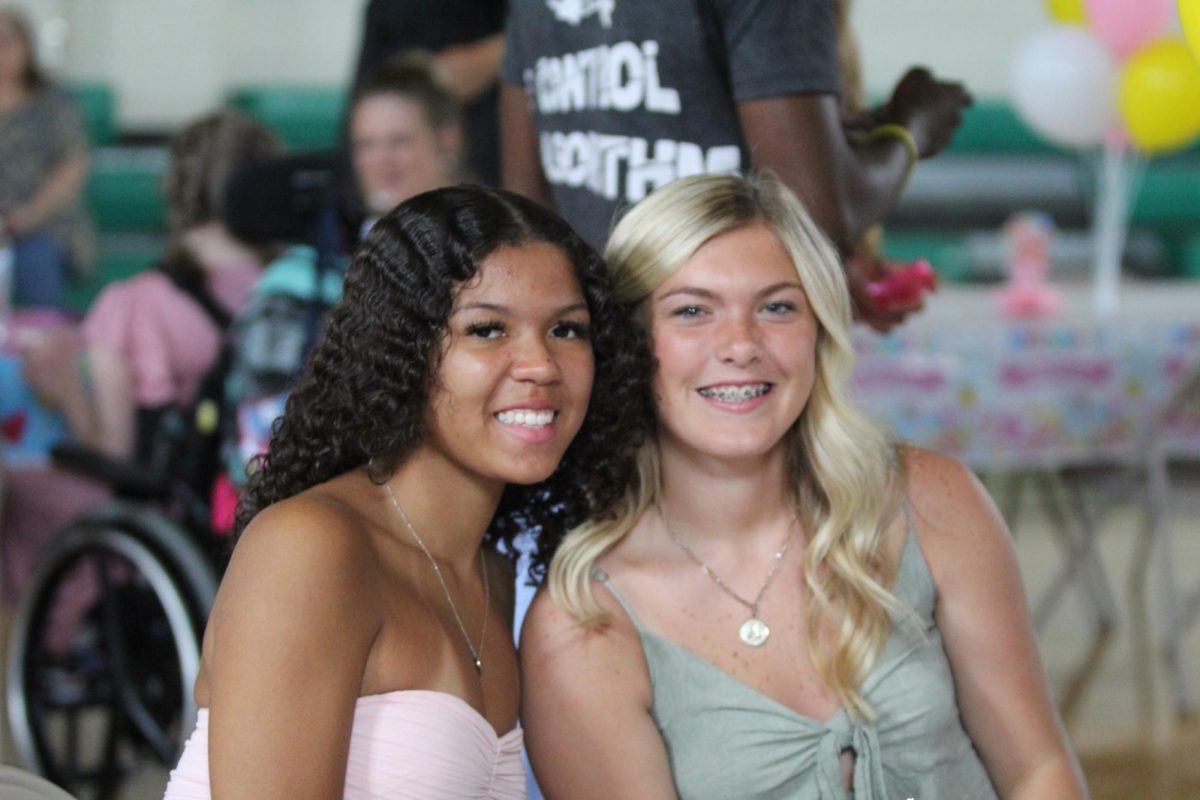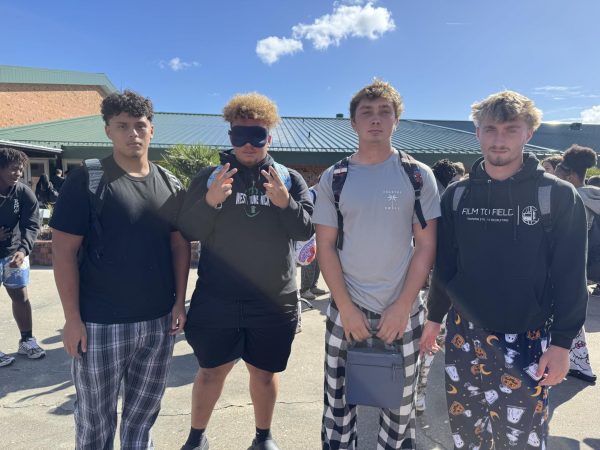Everyone Bleeds The Same
Differences should not affect the way a person is treated or looked at.
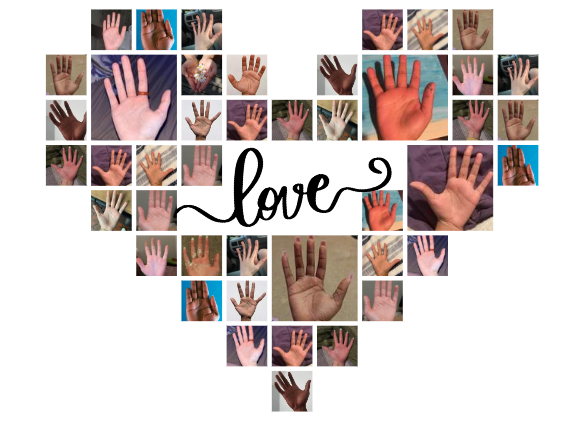
Photo by Amadis Levasa
The color of ones skin should not affect the way they are treated or looked at.
Mar 25, 2023
Usually, looks, feelings, and how we act in public are how people make assumptions about others. Often, some make assumptions about others before even talking to them. For example, if you are friends with someone who people feel is “different”, some may assume you are the same, but is that how we should decide who someone is?
Although the world is not all bad, there are many times when it can be. Judgment and assumptions may occur in different places, forms, and situations. Witnesses to first-hand accounts of judgment and assumptions often have much to say but are too afraid to speak up about it.
You may not even be able to defend yourself when your name is in others’ mouths. We tend to talk about others but never to them. How can you judge someone because of something you heard about them from someone else when you don’t have the whole story?
“I’ve noticed people judge me before,” said sophomore Elizabeth May. “I know in many places it is wrong, and that behind closed doors you really don’t know what people are truly going through and I think that’s something a lot of people struggle with.”
Like May, many know they are being judged but never hear it face to face. As a result, many people struggle and become disturbed or infuriated by persistent acts of judgment and assumptions made by others about themselves.
“I know I’ve probably been talked about, but I just brush them all off,” said senior Marisa Nance. “It still makes you feel bad, just because people who may not even know you are talking about you. If you’re gonna judge someone, at least get to know them and have valid reasons to judge them.”
As we mature, people learn to ignore the judgment they receive, but that does not mean they can forget all comments made about them. We assume someone a certain way before even talking to them for some of the most immature reasons, like the person they like or are dating, their preferred style of clothing, the color of their skin, and other ridiculous and unnecessary reasons.
According to PACER Center, 49.8% of teens are bullied at school, and out of those students, 13% were made fun of, called names, or insulted; 13% were subjected to rumors. With all of the unnecessary judgment, whether it be silent or heard, is there any way we can change this? The phrase, “if you have nothing nice to say, don’t say it at all,” is not a bad way to get back on the right foot.
”It’s very disrespectful and it’s not their place to say anything about anyone,” said May. “You don’t have the right to judge anyone, especially if you don’t know them.”


